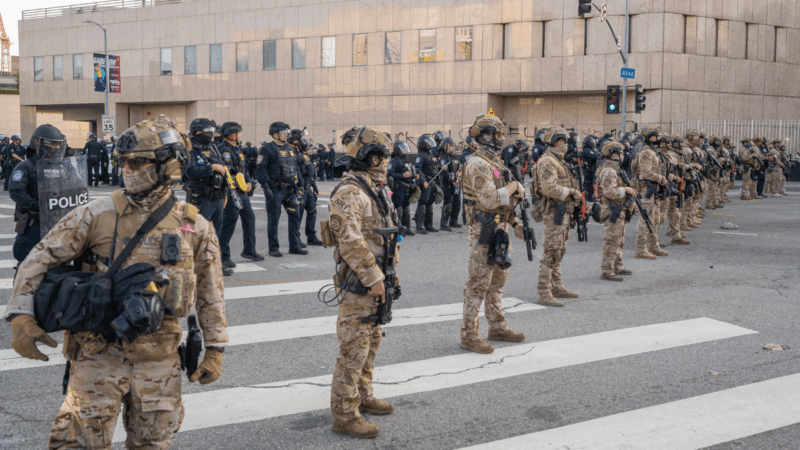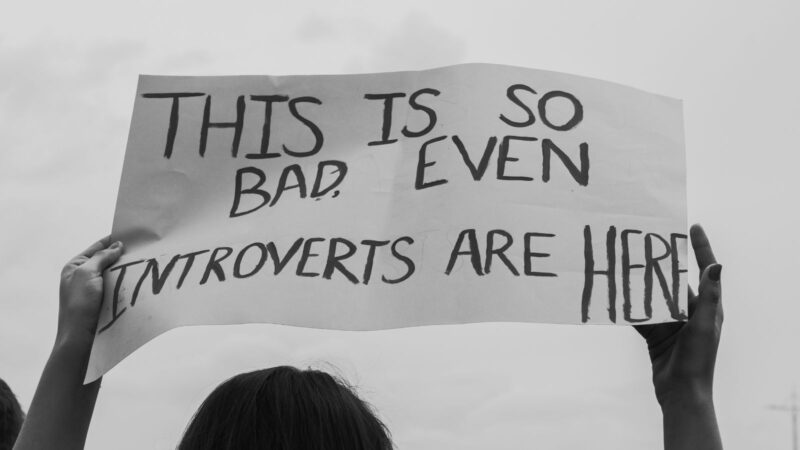The constitutionality of the materiality provision of the Civil Rights Act of 1964 and the Voting Rights Act of 1965
- February 26, 2024
Protect Democracy filed an amicus brief in Pennsylvania State Conference of the NAACP v. Secretary of the Commonwealth defending the constitutionality of 52 U.S.C. § 10101(a)(2)(B)’s “materiality provision,” which bans “deny[ing] the right of any individual to vote in any election because of an error or omission on any record or paper relating to any application, registration, or other act requisite to voting, if such error or omission is not material in determining whether such individual is qualified under State law to vote in such election.” The brief explains why the constitutionality of the materiality provision is neither a close nor difficult question, and that Congress had the constitutional authority to enact the provision under the Elections Clause (supplemented by the Necessary and Proper Clause), the enforcement power of the Fourteenth Amendment, and the enforcement power of the Fifteenth Amendment.
To begin, Congress has plenary power to regulate federal elections under the Elections Clause of the Constitution. That power is not confined to congressional elections; it extends to presidential elections under Congress’s Necessary and Proper Clause authority, as free elections are a prerequisite for the government to legitimately carry out its duties. Additionally, the Necessary and Proper Clause grants Congress has the authority to regulate state and local elections that affect federal elections. Therefore, the constitutionality of the materiality provision’s application to federal elections – and the state and local elections that affect them – is beyond dispute.
Moreover, when it comes to regulating state and local elections that do not affect federal elections, Congress still has broad authority under its powers to enforce the Fourteenth and Fifteenth Amendments. Under this enforcement power, Congress may enact legislation to deter and remedy violations of the Fourteenth and Fifteenth Amendments as long as it can demonstrate a prior history of such violations and there is congruence and proportionality between the injury to be prevented or remedied and the means adopted to that end. The extensive legislative history compiled during the passage of the materiality provision reveals that Congress passed the measure to deter and remedy three constitutional violations: arbitrary disenfranchisement in violation of the Fourteenth Amendment’s Due Process Clause, race-based discrimination in violation of the Fourteenth Amendment’s Equal Protection Clause, and race-based discrimination in violation of the Fifteenth Amendment.
The legislative history also demonstrates that the statute was a congruent and proportional response to ongoing constitutional violations. Thus, the brief shows that the materiality provision’s application to state and local elections is a valid exercise of Congress’s constitutional powers to enforce the Fourteenth and Fifteenth Amendments.
Related Content
Join Us.
Building a stronger, more resilient democracy is possible, but we can’t do it alone. Become part of the fight today.
Donate
Sign Up for Updates Sign Up for Updates
Explore Careers Explore Careers
How to Protect Democracy How to Protect Democracy

